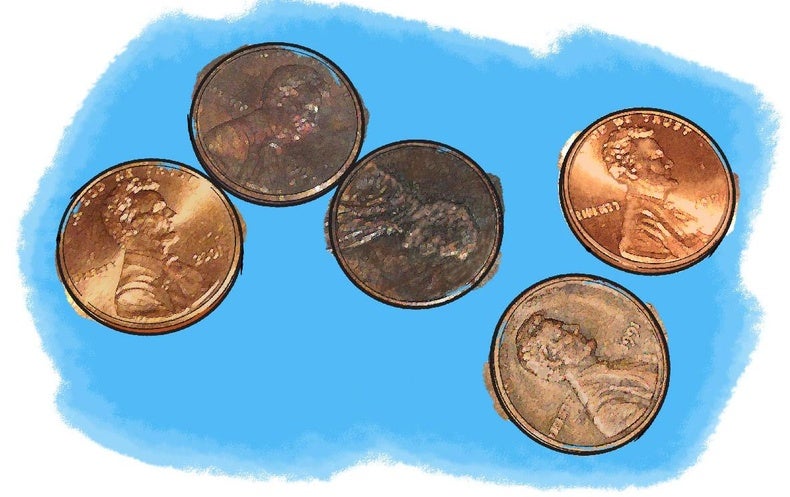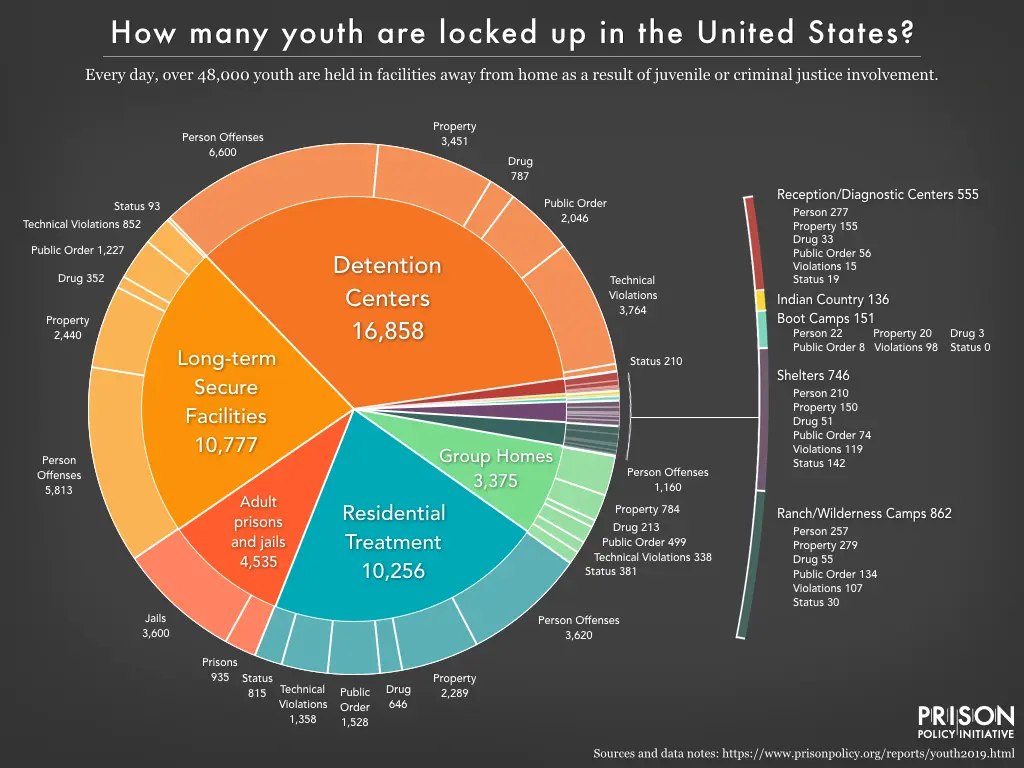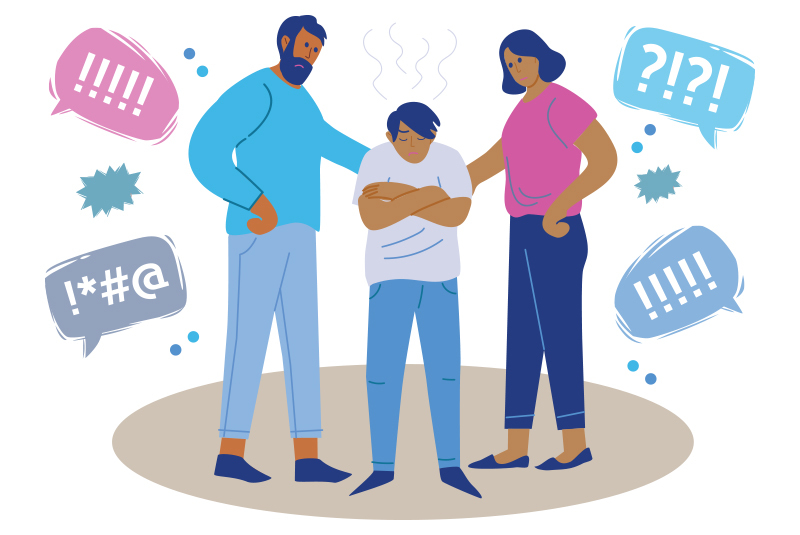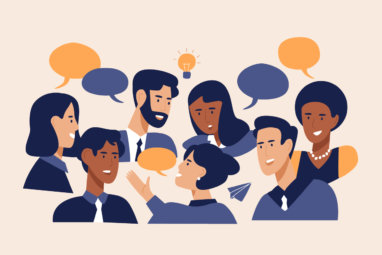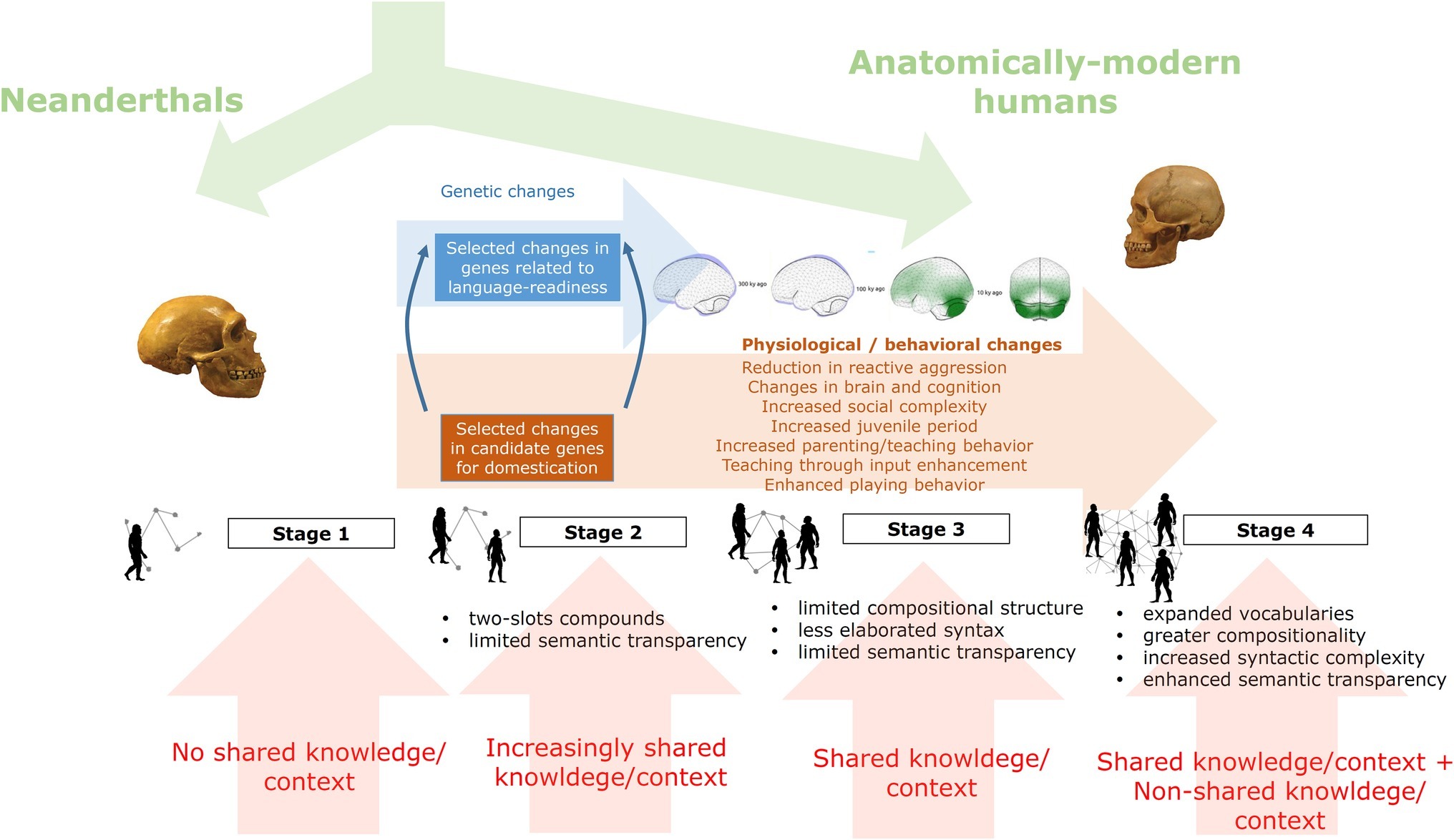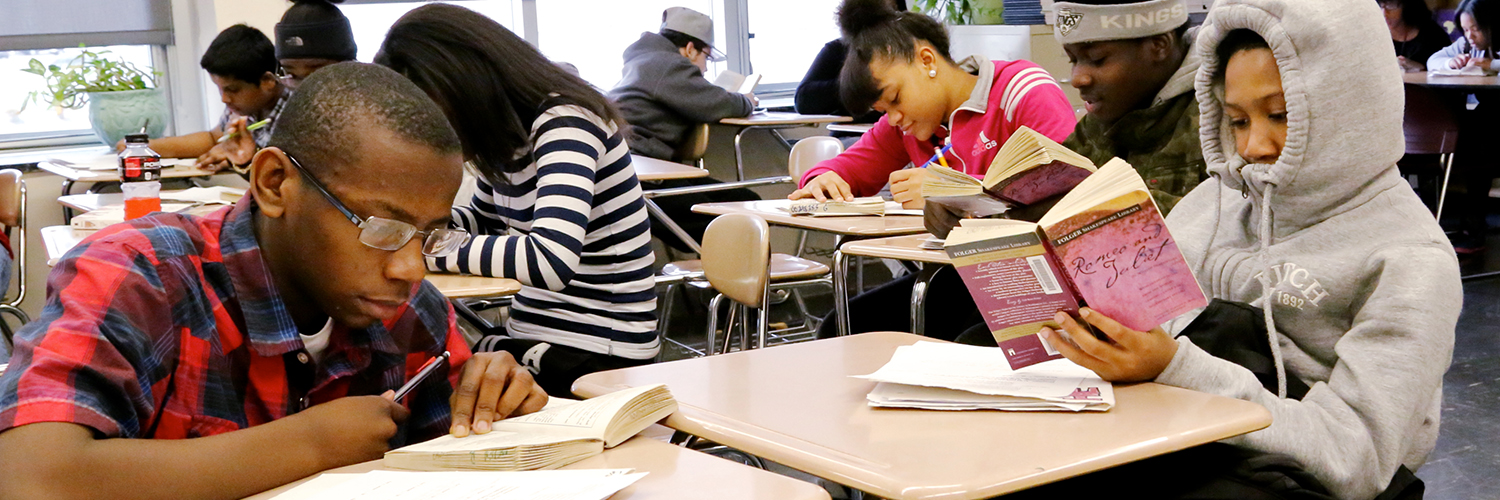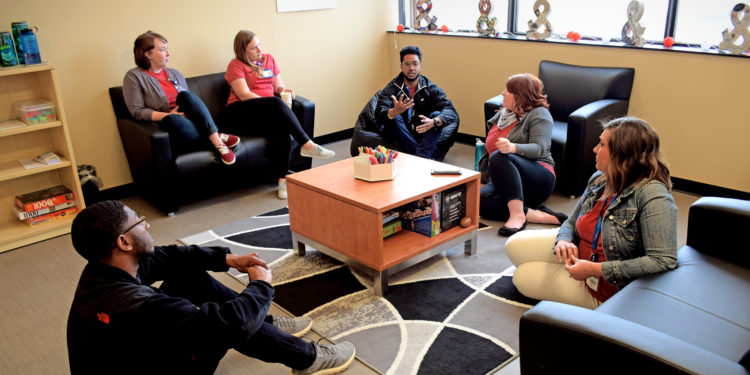Decolonizing Youth Development
This article I started to think about all the faith-based organizations that were started for you. I know one was mentioned of the YMCA throughout the article and then the another one that I was thinking of was the Boys Scouts. These clubs work through youth by their basis of religion which has built-in to their program. A lot of these programs were the Norms for youth to take part in. As time has gone through I know both of these organizations have had a shift in their ideas on how their programs run. It has taken a long time for these clubs to change their “norms”. For the YMCA they have changed their name to the Y and the boy scouts have changed to Scouts.
People have created stereotypes of the years that some people don’t even know that have been created from all the images and groups that people have taken part of. It is important that people see the ones they have created. Each person does it but knowing how you believe something is good to know.
Another reflection is the schools have started to change their mascots along with professional teams. This is something that has just started to change in the last couple of years. So it shows how long it takes to change the norm of what is going on and how it can reflect on Youth and pushed them down. This also puts in our minds the reflection of how people see certain things and how we reflect on privilege.
On Being Good
In this reading I really enjoyed how you could see and feel the different angles of everyone in it. How each use had a different movement in the room. He gave a clear picture on how students were engaging and understanding what was happening. Like when 1 student was playing with their shoelaces but still being an active listener. Some teachers would look at this as if you're not listening, you're not paying attention. But this was how this youth understands and takes in information.
As I continued reading there were different moments where I was understanding different Power struggles going on between the teacher and the students. At one point even threatened to call the office if the student didn't want to have a conversation with them. Sometimes threatening does get them to have a conversation with the teacher but it does not form a trusting relationship so the student we'll have a better understanding of learning and build a community setting.
One line I took a lot away with when it comes to teaching is “People never listen to people!’
When I think of this I think of students giving us a lot of different information but not always verbally, sometimes it is in body language also. And when you use the word people I think everyone is equal in the situation. A counselor, teachers, students, a principal, they're all on the same playing field. They're all people. There's no hierarchy, we're all on the same wavelength. We're listening to one another and what they're trying to tell us. We are not pushed into having people be threatened or pushed into believing certain things or acting certain ways.
A Letter to Teachers
Reading this article some things came to mind. The first is that we were always trying to fit all youth in one type of box instead of exploring where they're at. When you say the word ``Norms” in a classroom, are these Norms that the students are thinking of or are these the Norms the teachers are trying to put back on youth to act this way. These could be the teachers' Norm's on what they want the children to do and how they want them to act in class. But not all youth act the same way, their bodies are not set up that way. Not all youth can learn the same way. Having them have a voice and understanding of their own education is important. The youth feeling that their classroom is their community and how they look back on their Community is also important. Letting them have the ability to look back on actions that they might have done is important. Their learning from behaviors that might have hurt others, will help them understand how to become better leaders of their own communities. Lecturing and telling them how to behave is not them actually experiencing how they should behave in their community I, being the learning environment or in society.
One other questions Of these books is who is writing these books? Whose voices are coming through in these important or highly recommended books? In any of these books is there a used voice on hey this is how this works for me or this is how I learn best?
Why are we always trying to think for the youth, why can't they write their own story!
Rules, Norms, Behave this Way!!!
